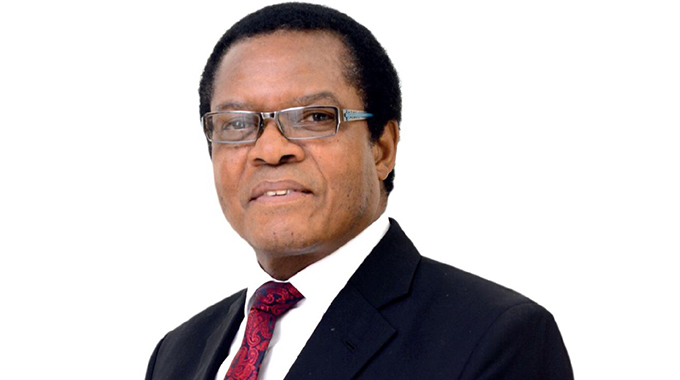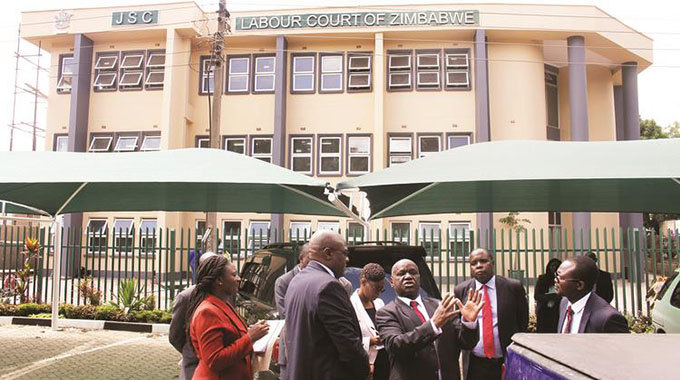Digital literacy key to transformation

Tawanda Musarurwa
Senior Business Reporter
THE Government is putting in place initiatives to ensure the majority of the citizens are digitally literate as the country makes strides towards becoming a significant player in the Fourth Industrial Revolution, Information Communication Technology, Postal and Courier Services Minister Jenfan Muswere has said.
These include establishment of community information centres (CICs) in marginalised areas as well as training programmes to equip the citizens with critical digital skills.
“As Government, we believe building human resources with the right skills is a key driving force for digital transformation,” said Minister Muswere at the recent launch of the CIC in Bulilima Mangwe district in the Matabeleland South Province last week.
“Digital literacy is essential for people to take full advantage of new job opportunities and benefit from services that will become available on digital platforms being created through the Fourth Industrial Revolution. It is for this reason that I continue to call upon our youths to take up careers in different spheres of ICT industry.”

Dr Machengete
The spreading out of community information centres in marginalised communities has become ever more vital as digital technology is rapidly developing in diverse fields which include mobile communications, robotics, artificial intelligence (AI), the internet of things, and 3-D printing, among many others.
Zimbabwe’s digital economy aspirations are in line with the country’s National Development Strategy (NDS1) and the SMART Zimbabwe 2030 Master Plan.
Digital transformation is rapidly reshaping the global economy, permeating virtually every sector as daily life, changing the way people learn, work, trade, and socialise and access public and private services and information.
According to the World Bank, the global digital economy was worth US$11,5 trillion or 15,5 percent of the global domestic product in 2016.
It is expected to reach 25 percent of the GDP in less than a decade, outpacing the growth of overall economy.
However, countries like Zimbabwe are currently capturing a tiny fraction of this growth potential and needs to strategically invest in the foundational elements of its digital economy to keep pace and avoid being left behind, the World Bank noted.
Furthermore, Zimbabwe has a good foundation upon which digital skills could be leveraged, if training for both teachers and students is scaled up, said the World Bank.
Minister Muswere reiterated the importance of developing local content “if we are to participate in cyberspace effectively.”
“All our efforts will go to waste if we do not develop content that is relevant to our own environments in our own languages.
“Content is, indeed, the currency of the digital world.
“The success of any online community largely depends on the presence of relevant, compelling information that resonates with different cultures and languages prevalent in that community.
“Local businesses can also benefit from this by developing their own webpages or social media profiles — creating new jobs while getting themselves noticed.
“I would like to call upon the local community of Bulilima-Mangwe to start identifying local content that could be digitised and be made available through the Internet for the benefit of the local community.”
Speaking at the same event, Postal and Telecommunications Regulatory Authority of Zimbabwe (Potraz) director-general dsaid significant progress had been made in improving the digital environment in Mat South.
“Focusing on Matabeleland South Province, the authority has erected four shared base station towers in the Manana, Hangwa, Maitengwe and Mayobodo areas.
“The Province boasts of 13 community information centres courtesy of POTRAZ, one of which is a containerised unit that is Brunapeg, while 12 were set up at Post Offices.
Noteworthy is that all 13 community information centres are operational,” said Dr Machengete. He added that nearly 1 600 people have been trained at the three community information centres with training facilities in Jahunda, Maphisa and Beitbridge.










Comments